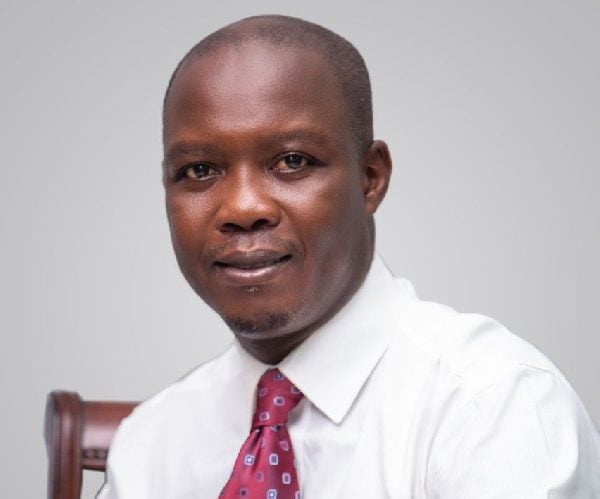The dawn of a new legislative era in Ghana broke with the inauguration of the 9th Parliament in the early hours of Tuesday, January 7, 2025, at Parliament House in Accra. This momentous occasion saw the election and swearing-in of key parliamentary figures who will shape the legislative landscape of the nation for the coming years. The event commenced with the re-election of Alban Sumana Kingsford Bagbin as Speaker of Parliament, a testament to his leadership and experience. His swearing-in by Chief Justice Gertrude Torkornoo solidified his position as the presiding officer of the House, marking a significant moment of continuity in Ghana’s democratic journey. Speaker Bagbin, having previously served during the 8th Parliament, was re-nominated by the National Democratic Congress (NDC) and received overwhelming support from the House, reflecting his broad appeal and the trust placed in his stewardship.
Following Speaker Bagbin’s re-election, the focus shifted to the selection of Deputy Speakers, critical positions that support the Speaker in managing the affairs of Parliament. Bernard Ahiafor, the Member of Parliament for Akatsi South and a seasoned lawmaker from the Volta Region, was elected as the 1st Deputy Speaker. Ahiafor, a practicing lawyer with extensive experience in parliamentary procedures, was nominated by the NDC and his nomination was seconded by the Deputy Minority Leader, signifying the party’s confidence in his abilities. His election was subsequently endorsed by the Members of Parliament, further reinforcing the collective trust in his capabilities. Ahiafor’s deep understanding of legal matters and his service on crucial committees like the Constitutional, Legal, and Parliamentary Affairs Committee, position him to make significant contributions to the legislative process.
Andrew Amoako Asiamah, the MP for Fomena, retained his position as the 2nd Deputy Speaker, a role he has held since January 2021. His re-election underscores the continued faith in his leadership and his capacity to bridge divides and foster bipartisan collaboration within Parliament. Asiamah’s ability to navigate the complexities of parliamentary politics and maintain a balanced approach is seen as an asset in ensuring the smooth functioning of the legislature. His reappointment offers a sense of stability and consistency in the leadership structure of the 9th Parliament.
Having overseen the election of the Deputy Speakers, Speaker Bagbin then presided over the swearing-in ceremony for 275 Members of Parliament-elect, with the exception of the representative for Ablekuma North. This symbolic act marked the commencement of their official duties and the beginning of a new chapter in their political careers. The ceremony, attended by family members, friends, and dignitaries, represented a significant milestone in Ghana’s democratic process, highlighting the peaceful transition of power and the continuity of governance. It also served as a public affirmation of the elected representatives’ commitment to serving the nation.
The 2024 elections resulted in a significant shift in the parliamentary landscape, with the NDC securing a majority of 183 out of 276 seats. This electoral victory allowed the NDC to solidify its leadership team in the 9th Parliament. Cassiel Ato Forson assumed the role of Majority Leader, entrusted with steering the legislative agenda of the ruling party. Emmanuel Armah-Kofi Buah was appointed as Deputy Majority Leader, providing crucial support to Forson in managing the legislative process. Governs Kwame Agbodza took on the responsibility of Majority Chief Whip, tasked with ensuring party discipline and coordinating the voting patterns of NDC members. Ahmed Ibrahim was appointed as Deputy Majority Chief Whip, further strengthening the party’s leadership structure within Parliament.
The election and appointment of these key figures mark a pivotal moment in Ghana’s political history. The composition of the 9th Parliament, with the NDC holding a clear majority, sets the stage for a new dynamic in the legislative process. The experience and expertise of individuals like Bernard Ahiafor as 1st Deputy Speaker, Andrew Amoako Asiamah as 2nd Deputy Speaker, and the newly appointed NDC leadership, are poised to significantly influence the legislative agenda and contribute to the progress and development of Ghana. Their collective ability to navigate the complexities of parliamentary procedures, foster bipartisan cooperation, and effectively represent the interests of their constituents will be crucial in shaping the nation’s future. Their leadership will be instrumental in addressing the challenges facing Ghana and in advancing the country’s democratic ideals.


